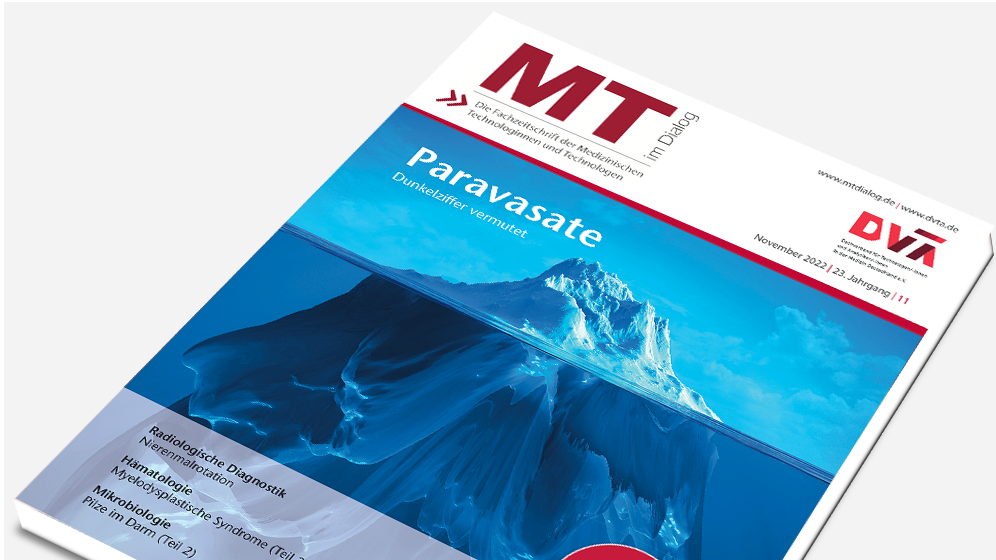To diagnose Generalized AnxietyDisorder these symptoms have to last for at least 6 months and have to be clearly stronger than usual worry. The anxiety can appear during everyday events, for example at work or school. In addition, the patient is not able to control or restrict the worry and may report simply waking up with panic that comes from “nowhere”. From an objective point of view, there is no obvious cause for the worry or anxiety and it seems disproportional and irrational.
Generalized Anxiety Disorder differs significantly between adults and children. While adults worry about issues like work, wealth, health, family or money, children worry about their competences and qualities, for example at school.
Generalized Anxiety Disorder restricts a person’s everyday and social-life, which characterizes it as a mental illness. In some cases this can be so tremendous that the person has to change all of her or his habits and may not be able to work or be part of a healthy rela-tionship. Instead, daily life turns into a permanent state of fear, anxiety and dread. Some people with Generalized Anxiety Disorder compare their situation to living in a room full of noises and not having the ability to escape.
In order to ensure that the anxiety is really caused by Generalized Anxiety Disorder the adult patient has to have at least three of the symptoms described in the following paragraph.
How does Generalized Anxiety Disorder affect the body and the psyche?
Generalized Anxiety Disorder affects not only the way a person thinks but can also cause physical issues. The following symptoms are diagnostic criteria for Generalized Anxiety Disorder.
Firstly, the affected person feels nervous and restless. Secondly, the person has difficulties concentrating and focusing on anything. Thirdly, a difficulty to fall asleep and to stay asleep is experienced. Nevertheless, she or he experiences constant fatigue or is easily fatigued. This symptom is caused by the brain (in particular the prefrontal cortex) being hyperactive. Irritability is also a symptom of Generalized Anxiety Disorder. Muscle tension, headaches, sweating, nausea, tiredness, trembling and frequently needing to go to the toilet are physical symptoms of Generalized Anxiety Disorder.
People with Generalized Anxiety Disorder often have other disorders like panic disorders, phobias, social anxiety, clinical depression or have drug abuse issues. Generalized Anxiety Disorder is often confused with another mental illnesses or with symptoms of another mental illness. Therefore, close attention should be paid to provide a clear and specific diagnosis.
What impact does therapy have?
Although the average age for the onset of Generalized Anxiety Disorder is thirty years, a lot of people report having felt anxious or nervous years before. People affected by Generalized Anxiety Disorder may take some time to realize their mental illness because they might perceive the current situation to be normal, or just out of proportion. Once they open-up to therapy and medication a road back to normality and a life without fear is possible. Generalized Anxiety Disorder restricts many activities, with the patient reporting a number of irrational reasons for not taking part. They therefore, miss out on a lot of opportunities. Also, a lot of time is spent visualizing and wondering about irrational, improbable catastrophes and focusing on unlikely dangers.
There are several ways to improve Generalized Anxiety Disorder. The first thing to do after experiencing excessive panic or anxiety is to speak to a therapist. After diagnosis, the therapist may treat the patient with Cognitive Behavioral Therapy, which focuses on teaching the patient specific skills to overcome the anxiety. Challenges to the excessive worries are formed in order to reveal the irrationality of the worries and take away the fear.
Often medication is prescribed. Anti-depressants and/or acute medication can be helpful in the case of panic attacks.
Furthermore, there are other recommendations and tech-niques. Special relaxation techniques like Progressive Relaxation can have a de-stressing effect. Nevertheless, nutrition and lifestyle play significant roles, meaning that proper nutrition, exer-cise and sleep are recommended.
Finally, coffee and alcohol should be avoided in order to not further stress the body.
What causes Generalized Anxiety Disorder?
The exact cause of Generalized Anxiety Disorder is not yet fully understood, however, a number of factors influencing the devel-opment and occurrence of the disorder can be listed.
Some research suggests that genetics play a role in causing Generalized Anxiety Disorder. Additionally, women are twice as likely to be affected.
Another origin may lie in brain chemistry, meaning abnormal function of specific nerve cell connections in certain brain areas responsible for emotion and thinking. Specific treatments, either medical or psychotherapeutic, are thought to improve the func-tion of involved neurotransmitters and to help improve the symptoms of anxiety disorders and depression.
Furthermore, environmental factors like trauma, the loss of a close person or abuse can lead to Generalized Anxiety Disorder. As well as influencing the occurrence of Generalized Anxiety Disorder, environmental factors like stress may have an impact on its development, leading to a deterioration caused by recently experienced stress.
BIBLIOGRAPHY
1. Meares K, Freeston M: Overcoming Worry & Generalized Anxiety Disorder. 2nd edition. Robinson 2015.
2. dict.leo.org.
3. www.dict.cc.
4. www.webster-dictionary.org.
5. www.who.de.
EXERCISE:
1. What may cause Generalised Anxiety Disorder?
a. genetic factors
b. brain chemistry
c. environmental factors
2. Who is more affected with Generalised Anxiety Disorder?
a. men
b. women
You’ll find the answer on:
tinyurl.com/weiterbildung-englisch
Carmen Lobitz
Carmen Lobitz ist freie Trainerin, Lehrerin und MTA. Sie gründete 1998 in Berlin lobitz seminare, die unter anderem Englischseminare für Health Professionals anbieten.
Kontakt: mail@lobitz-seminare.de
www.lobitz-seminare.de
Artikel teilen


